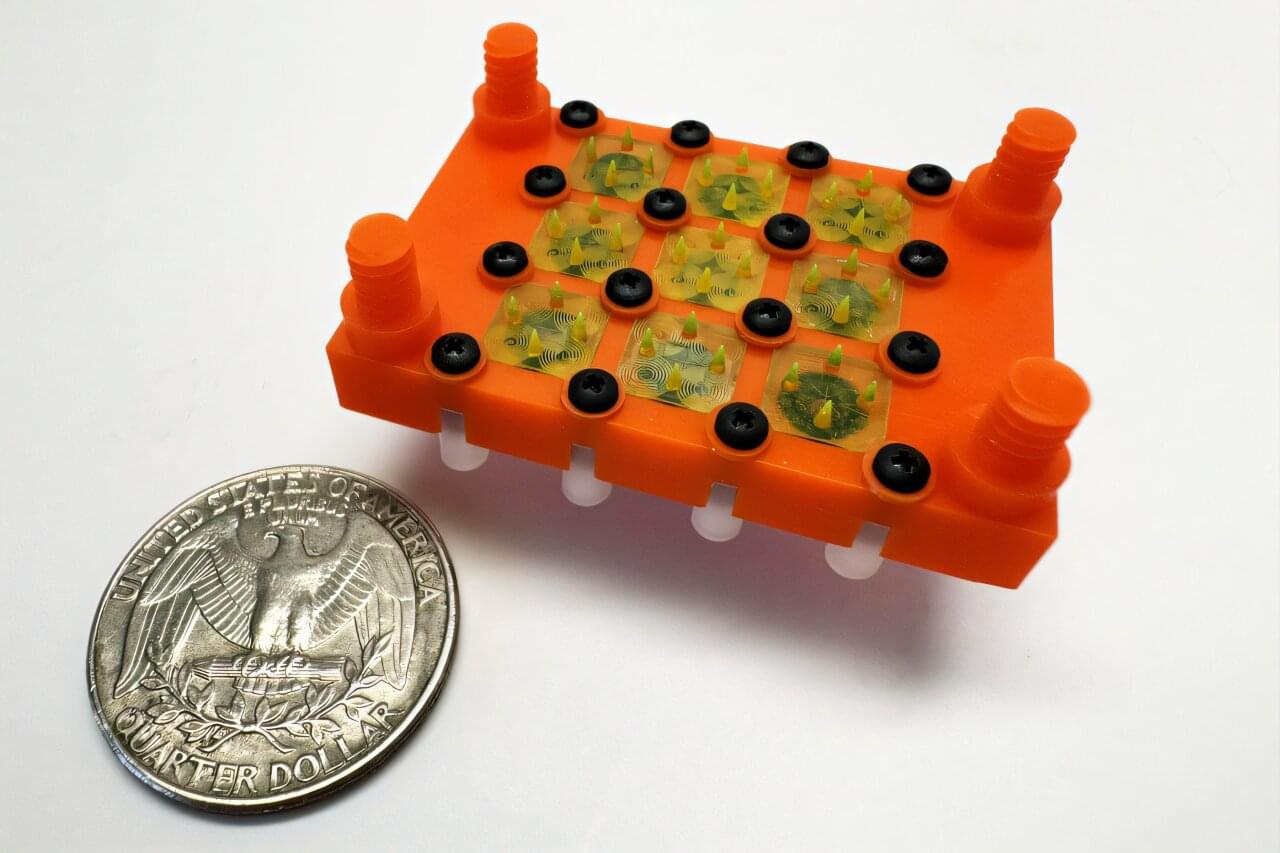Rigid, lizard-like tails are simple, but mammal-style tails may be lighter and better for space. Researchers studied how tails aid midair maneuverability in animals and robots, focusing on inertial appendages that generate body rotation.
Inspired by lizards and geckos, roboticists have designed rigid, single-plane tails to enhance stability and control in aerial and terrestrial robots. Some robotic tails aid in landing, flight reorientation, and high-speed turns. However, vertebrate (like cats and squirrels) tails are more complex, consisting of multiple vertebrae that allow for diverse movements.
By analyzing mammalian tails, researchers found that increasing bone segments within the same length enhances rotational ability. To evaluate tail effectiveness, they developed simulations optimizing tail trajectories for precise body rotations. Unlike previous models that assumed rigid structures, their approach considers deformability and realistic control constraints.







